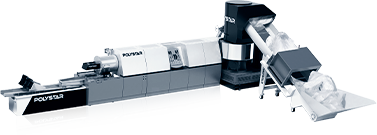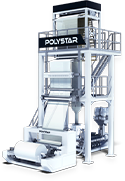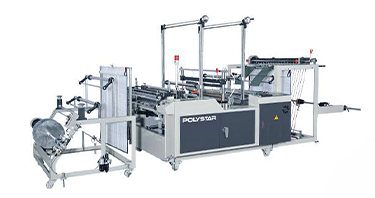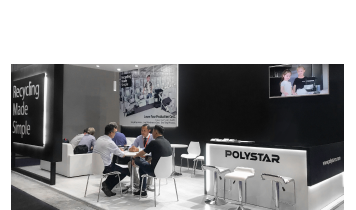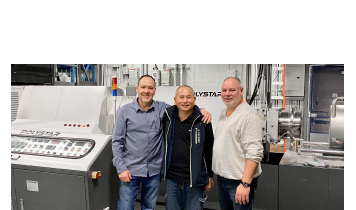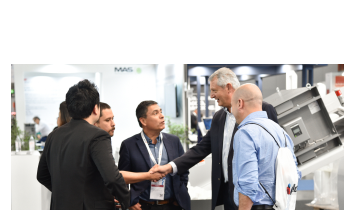We use cookies and other tracking technologies to improve your browsing experience on our website, By clicking "Accept All," you agree to allow cookies to be placed to enhance your browsing experience on this website to show you personalized content and targeted ads, to analyze our website traffic, and to understand where our visitors are coming from. You can manage your cookie settings below. Clicking "Confirm" indicates your agreement to adopt the current settings.
Material Handling and Feed Systems for Plastic Recycling Machines
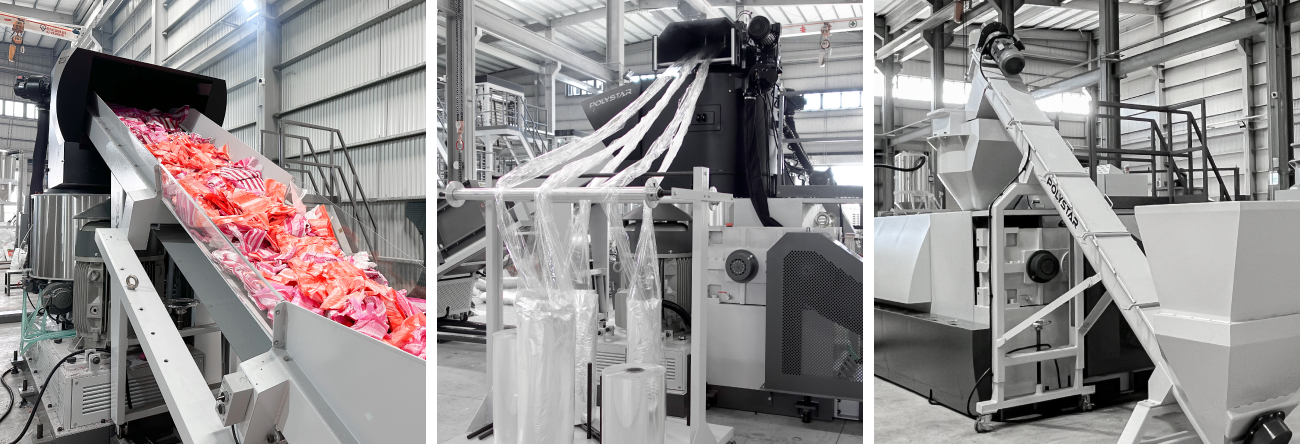
As the demand for plastic recycling continues to increase, it's more important than ever to have efficient and effective material handling and feed systems in place. By optimizing the handling and feeding of plastic waste with systems like belt conveyors, screw conveyors, and nip rollers, you can improve the efficiency of plastic recycling machines and ultimately reduce costs.
In this blog post, we'll explore the importance of material handling and feeding systems for plastic recycling machines and take a closer look at how they can help make your recycling operations run smoothly.
Belt conveyors
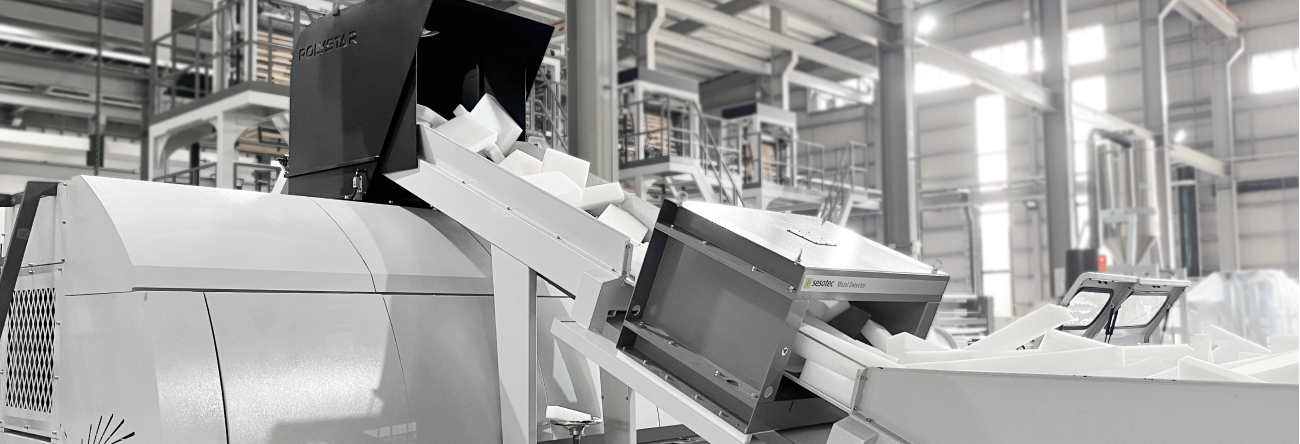
One of the significant benefits of using belt conveyors in plastic recycling machines is their ability to handle materials of different sizes and shapes. Belt conveyors are highly efficient and enable a swift and continuous transfer of materials, which can enhance production rates significantly. Their easy use and efficiency make them ideal for feeding a wide range of materials.
Machines such as the POLYSTAR Repro-One Recycling Machine use a belt conveyor to feed plastic waste into the machine for recycling. The belt conveyor is designed to handle large volumes of plastic waste, and its orientation can be customized to fit the space needs of each factory.
Nip rollers
Nip rollers consist of a mechanism of shafts aligned to fit rolls of plastic material which are pulled from an end and pressed together to compress the materials as it moves into the recycling machine.
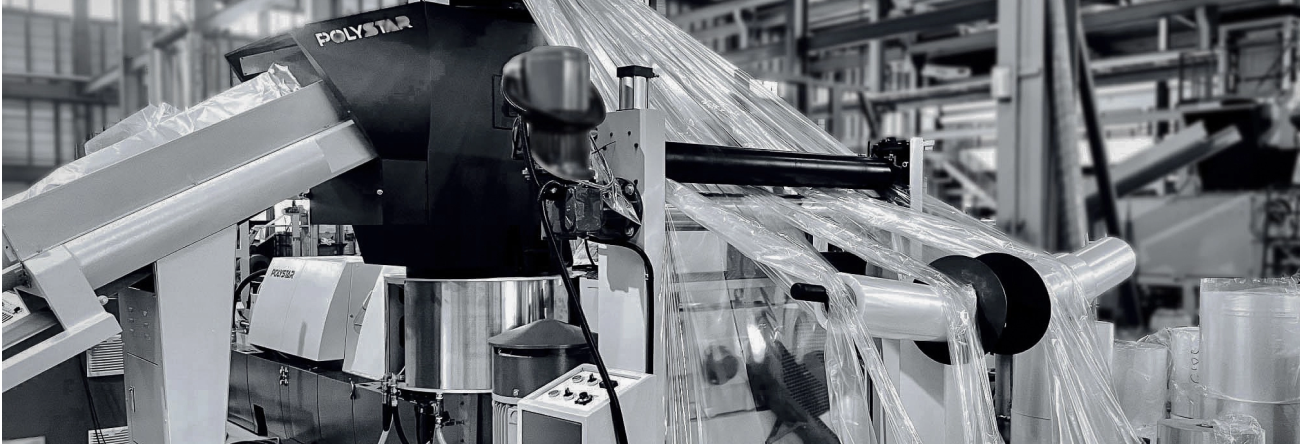
An advantage of using nip rollers in plastic recycling machines is their ability to handle multiple rolls at the same time at a constant rate to increase efficiency. It provides the lowest labor intervention since the operators simply place the entire rolls on the nip roller instead of cutting the film off the core and then feeding it to the machine. Some of the most common materials fed through film rolls are plastic film rolls, rolls of tape, irrigation pipe on rolls, and ribbons.
The Repro-Flex Recycling Machine from Polystar Machinery uses nip rollers to feed plastic waste directly into the machine. The nip rollers provide a gentle grip on the plastic waste, preventing damage and ensuring consistent feeding into the machine.
Screw conveyors
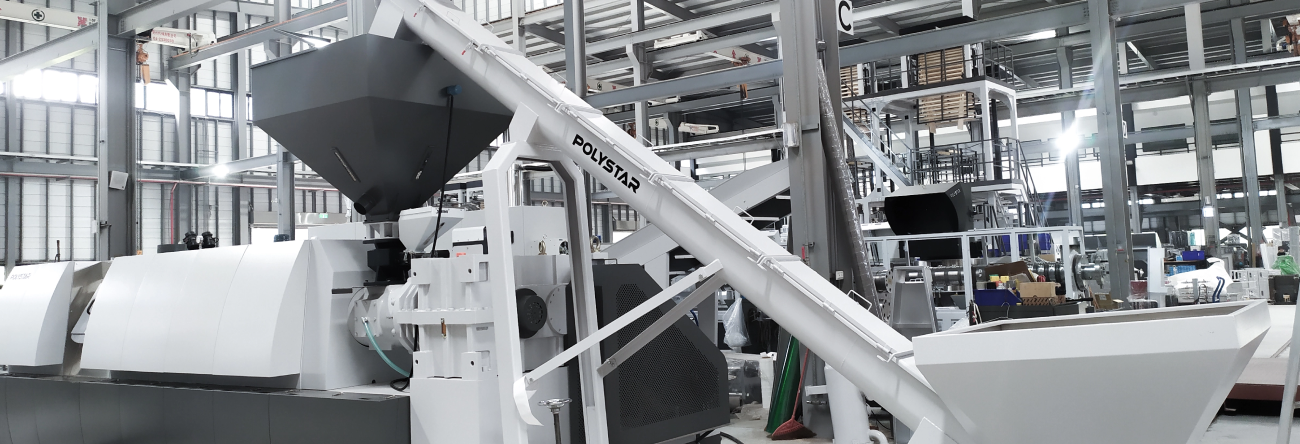
One of the advantages of using screw conveyors in plastic recycling machines is that they directly feed small-sized material into the machine while using minimal energy to move it through the system. This equipment is commonly used to feed materials such as plastic flakes, washed material, regrind, and granules.
For example, the POLYSTAR Repro-Direct recycling machine uses a screw conveyor to feed plastic waste directly into the machine for recycling. The screw conveyor is designed to handle a large volume of plastic waste and can be customized to fit the specific needs of the recycling process.
Conclusion
Materials suitable to feed in each system:
| Belt conveyor | Nip roller | Screw conveyor | |
| Un-winded/ cut open film rolls | ✓ | ||
| Winded film rolls with core | ✓ | ||
| Soft plastic flakes | ✓ | ||
| Jumbo bags | ✓ | ||
| Plastic bottles | ✓ | ||
| Hard plastics regrind | ✓ | ✓ | |
| Irrigation pipe rolls | ✓ | ||
| Film scraps | ✓ | ||
| Raffia | ✓ | ||
| Stretch film | ✓ | ✓ | |
| For inquiring about suitable feeding systems for other materials please contact us directly via e-mail. |
|||
Learn more
About the Author
Renee Castro
Renee is helping plastic producers find simple solutions to their problems. She is interested in topics like the circular economy and the latest recycling trends.




